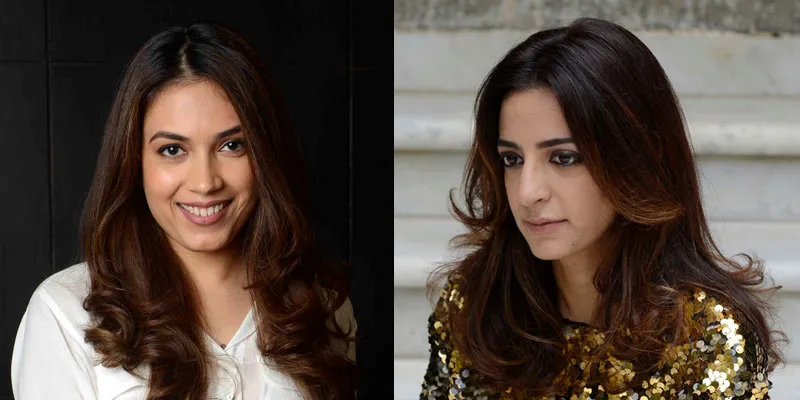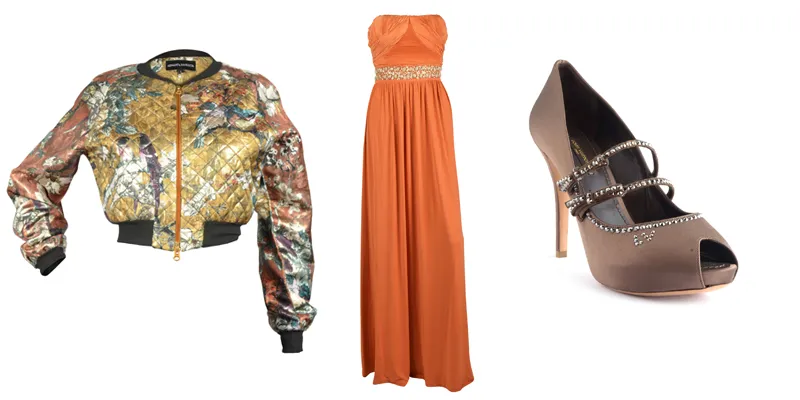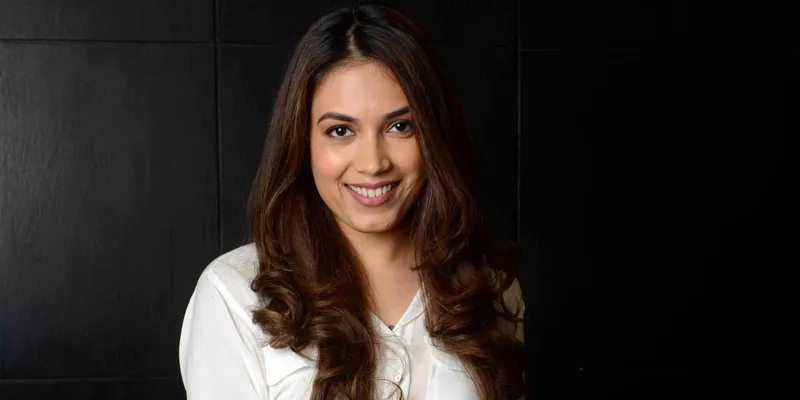From Deepika Padukone to Sonam Kapoor, make their wardrobe yours with LabelCentric
Aneesa and Chitra’s labour of love is all about pre-owned fashion and its rotation.
"If it’s love at first sight that makes a woman drop $1,000 on a designer handbag, what should she do when the affair is over?"
-Alina Dizik, lifestyle journalist
Pass it on for a new affair to start all over again! This is the solution LabelCentric, an online marketplace for buying and selling authentic pre-loved luxury designer accessories, provides.
LabelCentric was started in 2015 by Chitra Goenka (33) and Aneesa Dhody Mehta (35), both of whom were looking to get rid of the luxury products they no longer had room for in their closets. Both started putting their things up for sale individually, Chitra taking the online route and Aneesa going the offline pop-up way. When their paths crossed, they decided to collaborate, eventually creating LabelCentric.

Pre-loved to re-loved
Although a fast-growing trend abroad, pre-owned fashion is yet to pick up in India. A survey conducted by Ipso in 2014 showed that many women were keen to buy pre-owned fashion in 2014 than they would have been five years ago. British women, with 59 percent shopping online, were found to be the biggest buyers of pre-owned clothes, followed closely by German, American, and French women. British and Germans led as sellers of pre-owned goods in the market.
Chitra feels the market in India is new but definitely growing. “Once people shop with us, they always come back. They very quickly see the value of buying secondhand. We believe people, over time, will see the value of being able to buy authenticated goods at up to 80 percent off retail prices!”
To further break the taboo around pre-owned or “pre-loved” as Chitra and Aneesa call it, they launched the Celebrity Closet sale last year, with celebrities sharing items from their closets and the proceeds going to their favourite charities. Given the Indian obsession with celebrities, this has been a big hit. Having raised Rs 20 lakh from the previous one, they plan to conduct more of these sales.

Both Chitra and Aneesa are eyeing items from the ongoing sale but are letting their customers have a go first.
Being different
A closed marketplace for pre-loved luxury goods, LabelCentric differentiates itself in the market as a re-commerce marketplace with a lifetime authenticity guarantee.
This is possible because we base our business on this ethos and follow a stringent three-step authentication process. Starting with our own internal team, the products are then authenticated by brand partners who have worked with and been trained by the specific brands for years. At last, we get our authentication partner, an American agency, to authenticate each item and also certify them. If we are unsure at any point, we do not list the product. We are proud to say that not a single fake product has passed through our system even at step one,
share the women. They also have a credit card-free EMI option on luxury products and a no-questions-asked returns policy. “Aneesa and I have also garnered great relations with HNIs and luxury collectors across India, who are selling exclusively with us. We are in talks with a few of them to start a network of individuals all across India who will act as brand custodians for us in time. We will soon start offering products sourced from the world over,” shares Chitra.

Looking at everyday challenges as opportunities
Both Chitra and Aneesa have had their share of exposure to the luxury industry, be it products, brands, or design. Chitra’s early years in Dubai and her degrees in commerce and interior design along with a stint with a leading interior design firm have given her a deep understanding of the said world.
Mumbai girl Aneesa holds an International Baccalaureate diploma from Singapore and England and a double degree in communication and business from Bond University in Australia. With a stint in advertising, she moved to working as a luxury brand consultancy in India, and then joined the Murjani Group as a luxury brand manager managing Gucci, Jimmy Choo, and Bottega Veneta.
Aneesa has managed some of these international brands in India and worked on everything from launches to marketing initiatives. “I also got to very closely see how these brands started and grew over time and what the Indian mindset was towards them.”
Despite their expertise and exposure, they did face a lot of hiccups while starting up. Chitra shares, “Right from testing the concept to setting up a marketplace, from developing our authentication process to building a supply of products. We are building a new industry segment and it has its share of hiccups. With time, we have realised that we can tackle situations well and find ways to be innovative in solving problems. With every passing day, we are more confident and better positioned to grow.” They have learnt to look at new challenges as opportunities and learn from them.
Women in business
Since the company handles end-to-end sale for sellers and buyers, they charge a commission which forms their revenue stream. The average cart size of about Rs 25,000 is expected to touch Rs 30,000 with the addition of new categories. They will be introducing new categories, including watches, writing instruments, international designer jewellery, and a second portal, focused on high-street fashion, BuySellRepeat.in, later this year.

As regards revenues, they make a gross margin of 22–25 percent and claim they are steadily growing towards 35 percent. “The net value from products stands in the range of 14–18 percent. The company is aiming for EBIDTA margins of 20 percent in the next three to four years.” They are looking at a secondary revenue stream from a subscription and membership model. “We are in the midst of signing MoUs for supply exchange partnerships with companies in India and abroad,” they share.
They have a team of six full-time workers and two advisors who support the company on various functions. There is also a team of brand partners that works with them on authentication and merchandising.
Here to stay
The Indian market has seen quite a few pre-owned luxury brands emerge such as Luxepolis, Zapyle. It is a sector that has high potential since it is driven by the luxury items in people's closet that are often lying around unused or have not been worn in a long time. This provides a ready supply of goods which can be rotated in the market. The LabelCentric is seeing a huge interest in tier-II markets, where 50 percent of their sales come from.
With technology making it easy for people to buy luxury brands with a click rather than wait for a trip abroad, already burgeoning closets will need to make space for new items. “The pre-owned segment only fuels the primary/new products market by bringing in the factor of rotation,” say Chitra and Aneesa and it is the enormous potential for growth in this sector that drives them.







